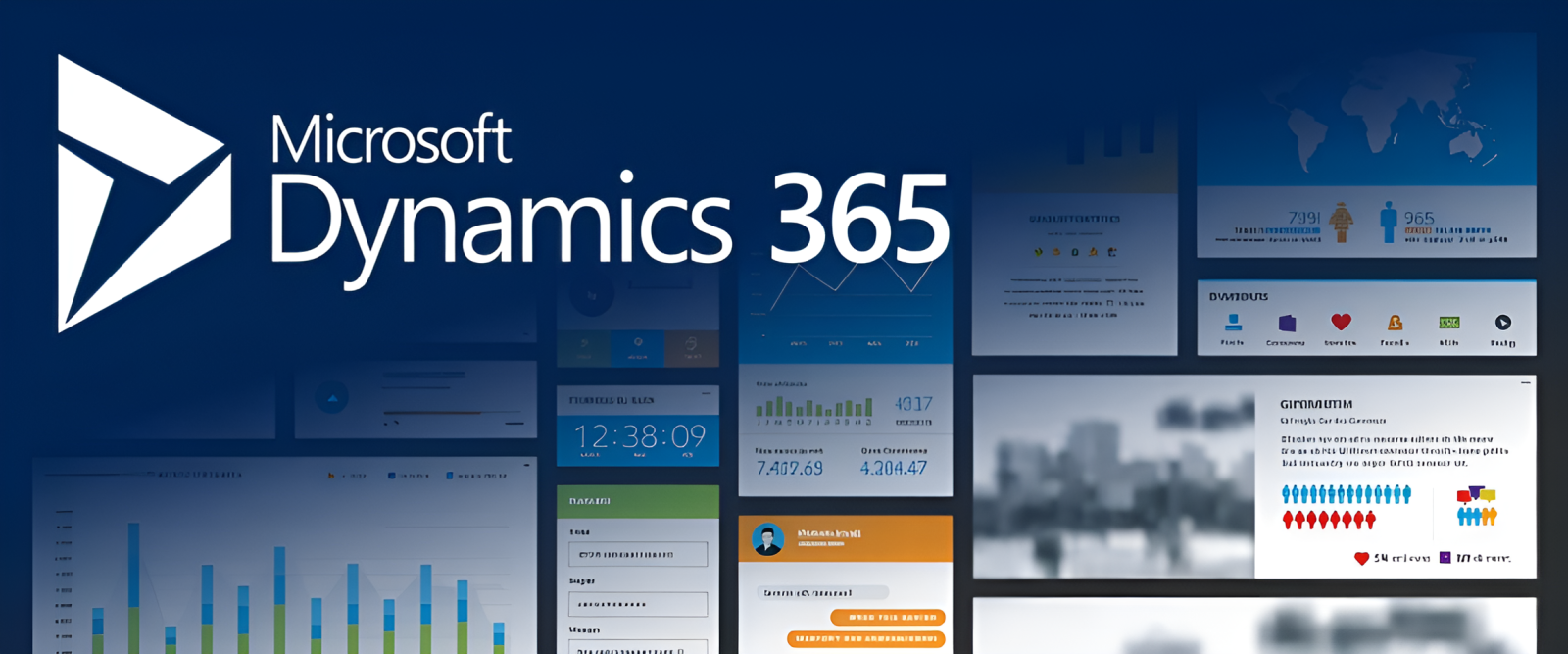Notifications

6 minutes, 10 seconds
-18 Views 0 Comments 0 Likes 0 Reviews

Modern businesses face unprecedented challenges in staying competitive while managing costs and operational efficiency. The shift to cloud-based enterprise solutions has become not just an option but a necessity for organizations seeking sustainable growth. Microsoft Dynamics 365 stands at the forefront of this transformation, offering comprehensive cloud services that revolutionize how businesses operate across all departments.
One of the most significant advantages of Microsoft Dynamics 365 cloud services is the unparalleled scalability they provide. Traditional on-premises solutions often require substantial upfront investments in hardware and infrastructure, creating barriers for growing businesses. With Dynamics 365 Implementation in the cloud, organizations can easily scale their operations up or down based on current needs without the burden of managing physical servers or worrying about capacity limitations.
This flexibility extends beyond just storage and processing power. Businesses can add new users, modules, or functionality as they expand, paying only for what they actually use. Whether a company is experiencing rapid growth or seasonal fluctuations, the cloud-based approach ensures that technology resources align perfectly with business demands.
Cloud-based Dynamics 365 services eliminate the need for significant capital expenditures on hardware, software licenses, and IT infrastructure. Instead of large upfront costs, businesses benefit from predictable monthly or annual subscription fees that can be easily budgeted and managed. This shift from capital expenses to operational expenses provides better cash flow management and allows organizations to allocate resources more strategically.
The reduction in IT maintenance costs is equally impressive. With Microsoft handling system updates, security patches, and infrastructure maintenance, internal IT teams can focus on strategic initiatives rather than routine maintenance tasks. This not only reduces operational costs but also maximizes the value derived from existing IT personnel.
Security concerns often top the list of business priorities, and Microsoft Dynamics 365 cloud services deliver enterprise-grade security that most organizations cannot achieve on their own. Microsoft invests billions of dollars annually in cybersecurity, employing thousands of security experts to protect their cloud infrastructure. This level of security expertise and investment is typically beyond the reach of individual businesses.
The platform includes advanced threat detection, data encryption both in transit and at rest, and comprehensive compliance certifications including GDPR, HIPAA, and SOX. Regular security updates and patches are automatically applied, ensuring that businesses always benefit from the latest security enhancements without manual intervention or downtime.
Dynamics 365 Implementation in the cloud facilitates seamless integration with other Microsoft services and third-party applications. This interconnected ecosystem enables businesses to create unified workflows that span across different departments and functions. Teams can collaborate more effectively with real-time data sharing and synchronized processes that eliminate information silos.
The integration capabilities extend to popular Microsoft Office applications, creating a familiar environment for users while enhancing productivity. Documents, emails, and calendar entries can be automatically linked to customer records, projects, or sales opportunities, providing comprehensive context for better decision-making.
Cloud-based Dynamics 365 services provide powerful analytics and reporting capabilities that transform raw data into actionable business insights. Real-time dashboards and customizable reports enable managers and executives to make informed decisions quickly. The ability to access current data from anywhere at any time ensures that business leaders can respond promptly to market changes and opportunities.
Advanced artificial intelligence and machine learning capabilities built into the platform provide predictive analytics, helping businesses anticipate customer needs, optimize inventory levels, and identify potential issues before they become problems.
The cloud-based nature of Dynamics 365 makes it accessible from virtually anywhere with an internet connection. This accessibility has become increasingly important as remote work and flexible working arrangements become standard practice. Employees can access customer information, process orders, or update project statuses whether they are in the office, working from home, or traveling.
Mobile applications ensure that field sales representatives, service technicians, and other mobile workers can stay connected to critical business systems, improving customer service and operational efficiency.
The cloud benefits of Microsoft Dynamics 365 services extend far beyond simple cost savings. From enhanced security and scalability to improved collaboration and accessibility, these advantages position businesses for long-term success in an increasingly digital marketplace. Organizations considering Dynamics 365 Implementation should view it not just as a software upgrade, but as a strategic investment in their future competitiveness and growth potential. The question is not whether to move to the cloud, but how quickly businesses can leverage these transformative benefits to outpace their competition.
Dynamics 365 Dynamics 365 Finance and Supply Chain Management Dynamics 365 Business Central Dynamics 365 Business Central Partner Dynamics 365 implementation

